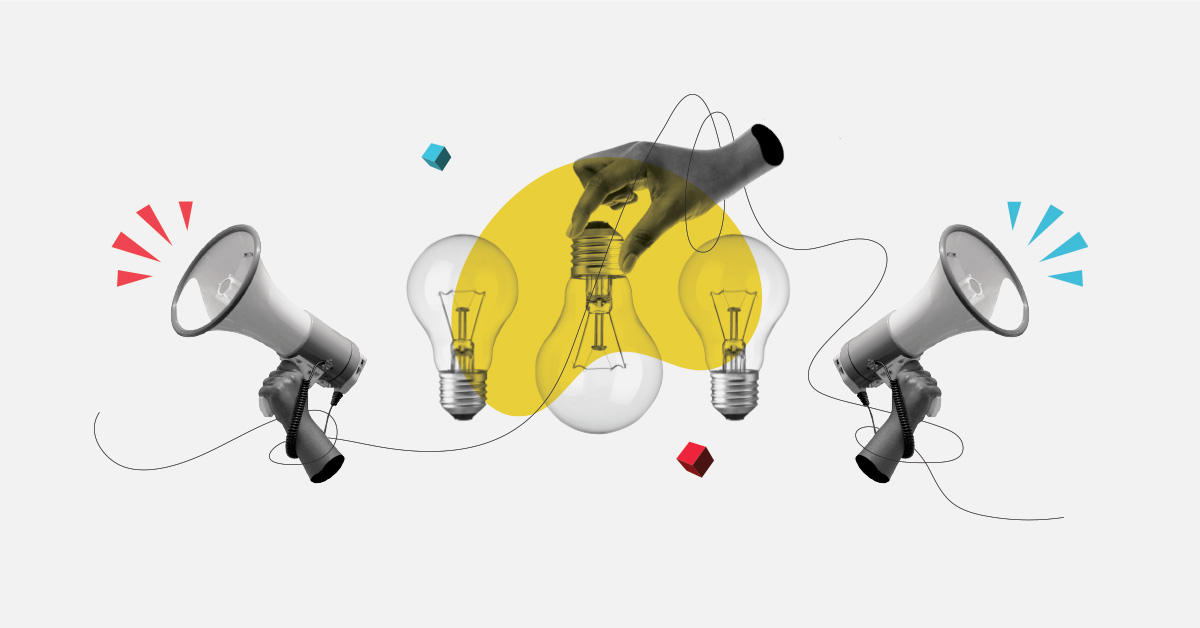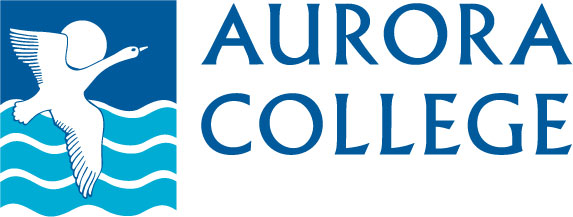Temperatures are warming in the Arctic much faster than in other parts of the planet, and are having a serious impact on Northern Canadian ways of life, roads, infrastructure and wildlife, to an extent unimagined in the south.
However, it is possible the North is a harbinger of things to come elsewhere and offers an early chance to learn about what climate change does, and perhaps how to mitigate its effects.
Furthermore, the arctic contains huge stores of greenhouse gases; the potential impact of their release is not well understood.
For all those reasons, tracking changes in arctic temperatures and understanding the release of greenhouse gases from tundra regions are key scientific challenges. But collecting data in the Arctic winter is fraught with difficulties including logistics, power, the resilience of equipment and resources in remote areas.
Researchers at Aurora College in Yellowknife worked on a project to test and develop equipment capable of monitoring climate change (specifically carbon dioxide gas, temperature and CO2 soil flux) in the difficult conditions of the Arctic tundra in summer and winter in Inuvik.
The researchers found that testing areas of low and high shrub on the tundra in summer led to significant fluctuation in CO2 in the ground, depending on temperature and vegetation cover; higher shrubs led to more fluctuation. At the Aurora Research Institute in Inuvik in the winter, sampling interval and the snow cover were found to have some impact on measurements. This information will be used to refine equipment for winter use.
Energy and Natural Resource Technician students from the college helped to dig out and make observations on equipment on a very cold (-35C) January day with little available sunlight. It was an opportunity for them to learn about climate change while using field equipment to take field measurements about the impact of snow cover on temperatures under snow pack. The work, made possible by a grant from NSERC, gave students an invaluable opportunity to see firsthand how scientific experiments are conducted.
Aurora College researchers are working with Eosense Inc., an environmental gas monitoring company, on a second stage project for a monitoring network across the Canadian North. This study will be very helpful as Eosense works on further development of winter testing equipment and understanding the issues and challenges of arctic monitoring. It will also enable scientists to more accurately measure the impact of greenhouse gases on climate change.


